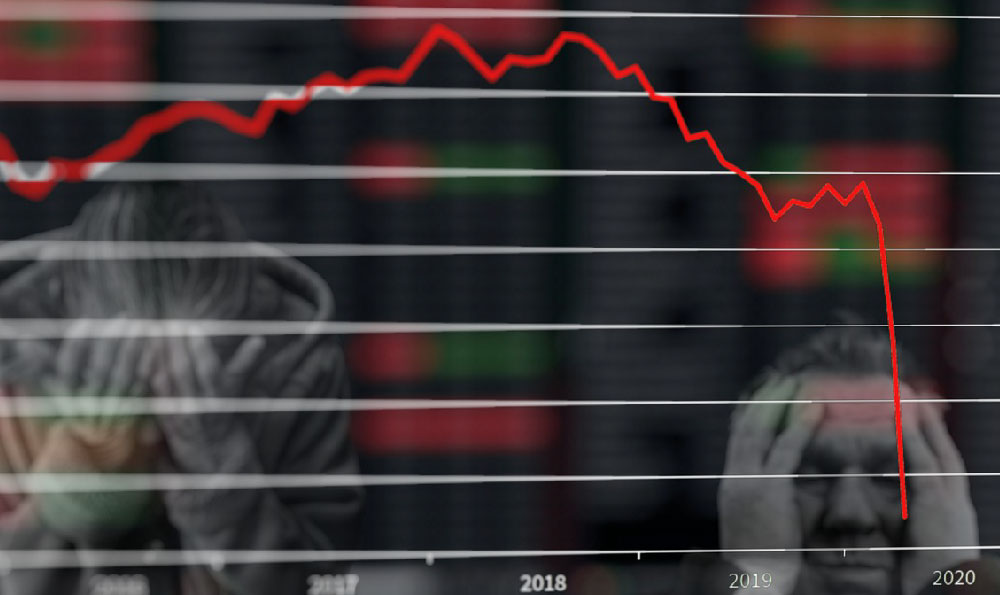Robert Reich's Net Worth: How He Makes His Money
Robert Reich's net worth is a fascinating subject that intersects with broader conversations about economic theory, personal finance, and the evolution of wealth in the digital age. As a prominent economist, former U.S. Labor Secretary, and professor at the University of California, Berkeley, his financial standing reflects not just individual success, but also the dynamics of intellectual capital and its role in shaping economic policies. Understanding his income sources and investment philosophy offers valuable insights into how one can balance financial growth with prudent risk management, even in an era of volatile markets and speculative investments like cryptocurrencies.
Reich's wealth is primarily rooted in his academic and public roles. His tenure as a professor at a prestigious university ensures a stable income through salaries, research grants, and academic publishing. However, his financial profile is not solely dependent on traditional earnings. His expertise in economics has made him a sought-after figure in the media, where he regularly contributes to articles, podcasts, and televised discussions. These platforms generate additional revenue through speaking engagements and public lectures, which often command high fees due to his reputation. Furthermore, his prolific writing career, which includes books, op-eds, and academic papers, translates into income from royalties and book sales. The intersection of his academic work and public influence creates a multifaceted financial portfolio that extends beyond mere income from traditional sectors.
In his public commentary, Reich frequently emphasizes the importance of long-term thinking in personal finance. He argues that while short-term gains can be tempting, they often come at the expense of future stability. This perspective aligns with his critique of economic policies that prioritize corporate profits over worker welfare, highlighting how the broader financial system affects individual wealth accumulation. His insights into the relationship between economic inequality and financial opportunities provide a framework for understanding how investors should approach markets. For instance, he discusses how income disparity influences investment behavior, suggesting that a more equitable distribution of wealth can lead to more sustainable economic growth. This argument is particularly relevant in the context of virtual currencies, where the market is often dominated by large entities and speculative players.

Reich's investment approach, while not explicitly detailed in his public works, can be inferred from his economic theories. He advocates for investments that align with societal progress and long-term value, rather than short-term speculation. This philosophy suggests that diversification is key to managing risk, as it helps spread potential losses across different asset classes. His emphasis on the importance of education and skill development in the labor market can be extended to investment strategies, where continuous learning about market trends and technologies is essential for informed decision-making. For example, understanding the underlying technology of cryptocurrencies, such as blockchain, is crucial for assessing their long-term potential and mitigating risks associated with market volatility.
In the realm of financial growth, Reich's work serves as a reminder that wealth is a product of both macroeconomic policies and individual choices. He highlights how systemic factors, such as minimum wage laws and labor protections, impact personal financial security. Similarly, in the investment world, understanding the broader economic environment is crucial for making informed decisions. For instance, during periods of inflation, investors might need to adjust their portfolios to include assets that hedge against rising prices, such as real estate or commodities. Reich's perspective encourages a holistic view of finance, where personal investment strategies are informed by macroeconomic trends.
Risk management, a critical component of any investment approach, is another area where Reich's expertise shines. He often discusses the dangers of economic concentration, where power and wealth are hoarded by a few, leading to systemic risks for the majority. This argument can be applied to the investment world, where over-concentration in a single asset class or market sector can lead to significant losses. Reich's advice to seek diversification mirrors the principles of asset allocation in traditional finance, where spreading investments across different categories reduces exposure to market fluctuations. However, in the context of virtual currencies, where the market is notoriously volatile, diversification must be even more strategic. Investors might consider balancing their portfolios with both traditional assets and carefully selected cryptocurrencies, while also being mindful of regulatory risks and market volatility.
Reich's work also underscores the importance of transparency and ethical considerations in financial practices. He critiques the opacity of corporate financial structures and the lack of accountability in economic systems, which can lead to wealth being concentrated in the hands of a few. This message is particularly relevant for investors navigating the complex world of cryptocurrencies, where the lack of regulatory oversight can create opportunities for fraud and manipulation. Reich's emphasis on ethical investing suggests that a long-term strategy should prioritize not just financial returns but also the integrity of the systems in which investments are made.
In conclusion, Robert Reich's net worth serves as a case study in the interplay between economic theory and personal finance. His career exemplifies how intellectual capital can be leveraged to achieve financial stability, even in an era of speculative markets. By focusing on long-term strategies, diversification, and ethical considerations, investors can navigate the complexities of financial markets with the same principles that Reich advocates for in his economic work. His insights provide a valuable framework for understanding both the macroeconomic factors that influence wealth and the individual choices that lead to financial success. As the world of investments continues to evolve, Reich's approach serves as a reminder that financial growth is not just about making money, but about building a sustainable and equitable financial future.















